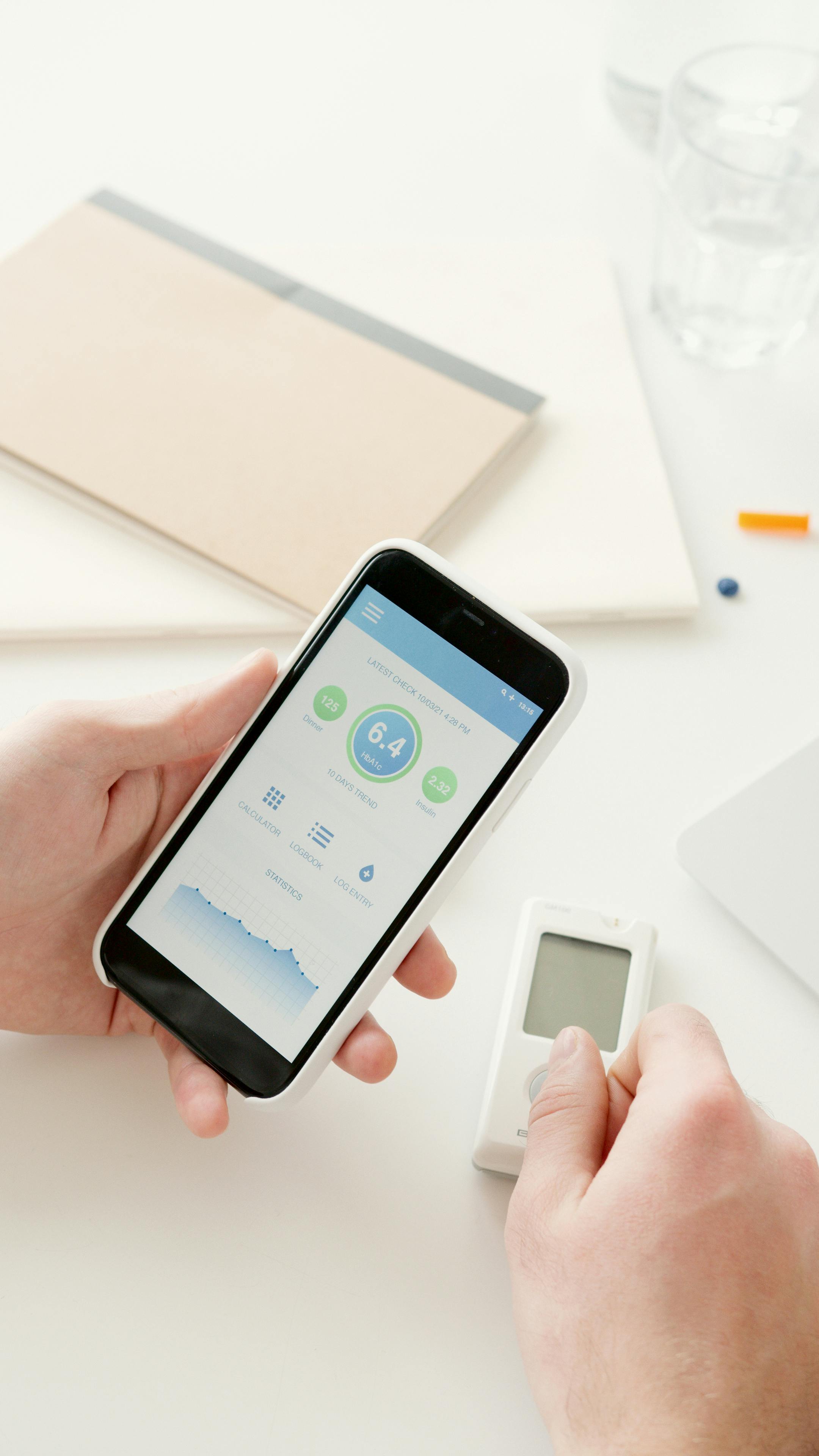The surge in digital health apps has been transformative, offering unprecedented access to healthcare services, personal wellness tracking, and medical information. As these apps cross geographical and cultural boundaries, the challenges of localization become critically complex. These challenges include adapting content, functionality, and data security measures to different regions. As the fifth entry in our series, this blog post addresses the essential considerations for maintaining robust data security in digital health apps during localization. This ensures that user privacy is protected and regulatory compliance is met across all markets.
The Significance of Data Security in Digital Health Apps
Digital health apps handle some of the most sensitive personal data, including personal identifiers, medical records, and health metrics. This data is highly private and is subject to strict regulatory protections worldwide. The globalization of health apps requires a nuanced approach to data security, respecting the diverse regulatory landscapes and cultural expectations. Failing to do so can undermine user trust and lead to significant legal and financial repercussions.
Data Security Challenges in the Localization of Health Apps
The process of localizing health apps introduces specific data security challenges:
- Varied Data Protection Laws: Each country has its own set of data protection laws, such as GDPR in the European Union, the CCPA in California, and HIPAA in the USA. Adapting health apps to meet these varied requirements is a complex task.
- Cultural Differences in Privacy Expectations: User expectations around data privacy vary widely across cultures, impacting how health apps should approach consent, data sharing, and user communication.
- Technical Complexities in Data Handling: Localizing health apps often means storing and processing data across multiple jurisdictions, complicating data encryption, storage, access control, and secure data transfer.
Strategies for Strengthening Data Security in Health App Localization
To address these challenges and safeguard data in digital health apps, the following strategies can be pivotal:
- Implement a Unified Data Protection Strategy that meets the highest global standards. This ensures that the app’s core data security practices remain un-compromised during localization. Ensure that your LSP is aligned to these standards where necessary.
- Conduct Market-Specific Risk Assessments before entering a new market, to understand local data security threats, regulatory requirements, and cultural attitudes towards privacy.
- Utilize Data Minimization Techniques: Only collect and retain the minimum amount of personal data necessary for the app’s functionality. Consider anonymizing data where possible to further reduce privacy risks.
- Adopt Secure Data Transfer and Storage Solutions to ensure that data is encrypted during transit and storage. Consider local data hosting solutions and/or HIPAA/GDPR compliant cloud hosting solutions to comply with national data laws.
- Ensure security of the API’s used to connect the app with other systems.
- Implement multi-factor authentication mechanisms for patients and care givers.
- Tailor Consent Mechanisms and Privacy Policies to reflect local languages and legal requirements. This helps to ensure that users are fully informed and can exercise their data protection rights.
- Invest in Localized Cybersecurity Training for staff in each market, focusing on local data security laws, cultural nuances in data privacy, and region-specific cyber threats.
- Conduct regular security audits of your apps to proactively identify and address vulnerabilities.

The globalization of health apps brings the promise of improved access to healthcare and wellness tools across diverse populations. The success of health apps on a global scale hinges on their ability to protect user data amidst the complexities of localization. By adopting rigorous, market-specific data security measures, health app developers can navigate the international data protection regulations and cultural expectations, building a foundation of trust with users worldwide. As the digital health sector continues to expand, prioritizing data security in the localization process will be key to ensuring privacy and compliance in the global marketplace.
#localizationinstitute #lifescienceslocalization #lifesciences #PeakGlobalSolutions #RegulatoryAffairs #MedicalDevice #ClinicalTrials #Consulting

Sonia brings 30+ years of leadership experience in the localization industry. Having worked with a diverse range of clients and industries, Sonia brings a wealth of knowledge and a proven track record of success in delivering exceptional localization solutions.
